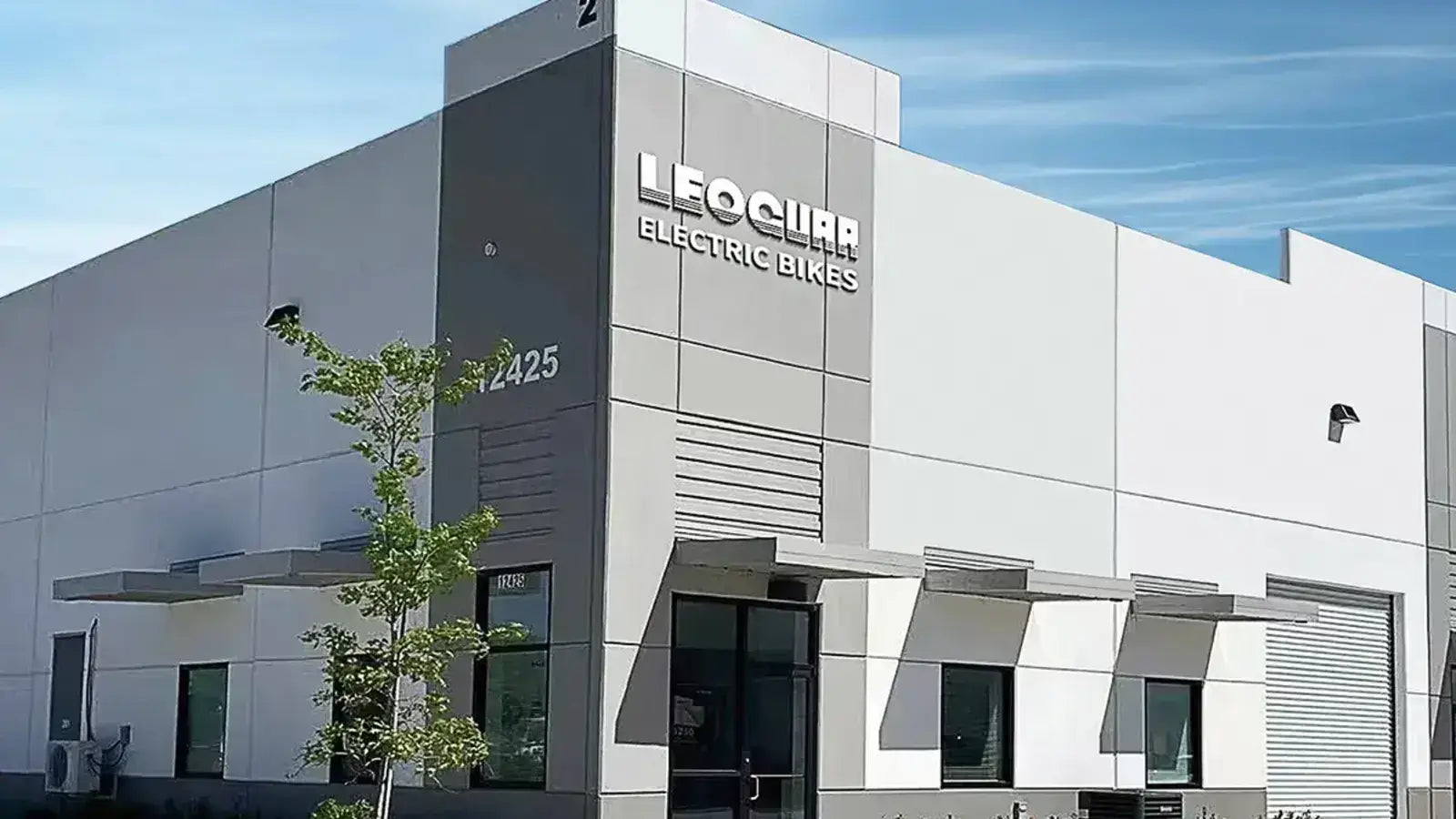
What Makes a Strong Electric Bicycle Company Stand Out
Finding the Right Electric Bicycle Company
You've spent hours looking at websites and comparing motor power and battery life. Every electric bicycle company says they offer the "best ride." We understand your confusion. The secret to finding a great e-bike isn't just about the numbers on paper. It's about the strength, ideas, and promises of the company that makes the bike.
A great motor means nothing if the frame breaks or you can't buy a new battery in three years. The real test of quality is in the company's foundation. We're here to show you what really matters. Together, we'll look at the four main things that separate a short-term brand from a long-term partner: Design & Engineering, Quality Control, Business Model, and Post-Purchase Support. This guide will help you choose with confidence.
The Four Pillars
Let's start with the basic framework. When looking at any electric bicycle company, we need to look past the fancy ads and focus on four main areas. These show if a brand is built to last and truly cares about keeping you happy long-term.
While parts and specs matter, they only tell part of the story. How strong these pillars are decides if your e-bike will bring you joy or cause you problems.
- Pillar 1: Design Philosophy & Engineering
- Pillar 2: Manufacturing & Quality Control
- Pillar 3: Business Model & Customer Access
- Pillar 4: Post-Purchase Support & Warranty
Think of this as checking out a company. A company that does well in all four areas isn't just selling you a product. They're giving you a complete, reliable, and fun ownership experience. Let's look at each one.
Design and Engineering
A great electric bicycle company has a clear vision. They don't just put together parts from a shelf. They are true designers with a clear philosophy that guides every choice they make.
This philosophy decides if they build for extreme performance, ultimate comfort, carrying cargo, or best value. Understanding a company's design focus helps you see if their products truly fit your needs as a rider. It's the difference between a bike that works and a bike that feels like it was made just for you.
Proprietary vs. Off-the-Shelf
How a company handles its main technology tells you a lot about them. Some companies, like Specialized, spend lots of money developing their own systems like Turbo motors and built-in batteries. This creates a smooth, refined ride but means you have to rely on them for special parts.
Other great brands are masters at putting together the best parts from proven companies like Bosch, Shimano, or Brose. This approach uses billions of dollars in outside research and makes sure the bike can be serviced almost anywhere. Neither way is better, but the choice shows where a company spends its money: on creating new things from scratch or on expertly combining the best existing systems. Legacy manufacturers, such as established brands like Specialized and Trek, use decades of research to make these choices.
Torque vs. Cadence
The type of sensor a company picks tells you who they're designing for. A cadence sensor is a simple on/off switch that gives you a set amount of power as soon as you start pedaling. It's simple and gives a strong, motor-like push, making it popular on budget-friendly and utility bikes.
A torque sensor is more advanced. It measures how hard you're pedaling and gives help based on your effort. The result is a smooth, natural ride that feels like an extension of your own power, which is common on higher-end commuter and mountain e-bikes. A company's choice here shows if they care more about simple power or a refined cycling experience.
Purpose-Built Frames
An electric bike is not just a regular bicycle with a motor attached. The extra weight of the battery and motor, plus the higher speeds, puts special stress on the frame. A strong electric bicycle company designs frames from the ground up to handle these forces.
They use stronger tubing, e-bike-specific geometry for better stability, and smart integration for batteries and wiring. A brand that just adds a motor to a standard bicycle frame is cutting an important corner. This could hurt long-term durability and ride quality.
Manufacturing and QC
The phrase "premium quality" means nothing without understanding what happens before the bike gets to your door. Manufacturing and quality control are where a company's promises are tested. This pillar is about supply chain integrity, transparency in choosing components, and most importantly, verified safety.
It's about real processes, not vague marketing slogans. This is where many buyers get fooled, but understanding a few key ideas can protect your investment and your safety.
The "Made in USA" Myth
We see "Built in the USA" or "Assembled in California" used a lot. It's important to understand what this really means. Almost all e-bike frames and main electronic parts come from Asia.
A company like Electric Bike Company, which builds bikes to order in the US, is doing final assembly and an important final quality check on parts sourced globally. This can add real value in terms of build consistency and customization. However, it's different from a company that makes its own frames and motors in the US, which is extremely rare. Be clear on whether a brand is claiming "assembly" or true "manufacturing."
Component Sourcing
A good electric bicycle company is proud of its partners. Look for transparency in their parts lists. When a brand lists parts from trusted names like Shimano for drivetrains, Tektro or Magura for brakes, and Schwalbe for tires, it's a strong sign they aren't cutting corners on critical systems.
Brands that use generic, unbranded components, especially for brakes and shifters, are often putting cost savings over proven reliability and performance. This is one of the easiest ways to judge a company's commitment to quality beyond its own special parts.
UL Safety Certifications
This is absolutely necessary. E-bike battery fires, though rare, are serious, which is why independent safety certification is so important. As many common concerns raised by e-bike owners revolve around battery safety and electronics reliability, this certification provides essential peace of mind.
Look for the UL mark. Specifically, UL 2849 is a complete standard that certifies the entire e-bike electrical system—the battery, charger, and motor controller—as one unit. It ensures the system has been thoroughly tested to prevent electrical and fire dangers.
A company that invests in UL 2849 certification is showing a deep commitment to your safety. We consider it a critical difference and a must-have for any bike we'd recommend.
Business Model Impact
How an electric bicycle company sells its products directly affects your buying experience, final cost, and service options. There is no single "best" model; each has clear trade-offs. Understanding these differences helps you choose a brand whose structure fits your budget, technical comfort level, and long-term service expectations. Whether you prefer a white-glove experience or are comfortable with tools, there's a business model that fits.
Direct-to-Consumer Model
Started by brands like Rad Power Bikes and now used by many others like Aventon and Leoguar, the Direct-to-Consumer model cuts out the middleman. By selling directly from their website, they can offer feature-rich bikes at a lower price.
The downside is that the bike typically arrives in a box, requiring you to do final assembly (installing the handlebars, front wheel, pedals, and seat). If you run into a mechanical or electrical problem, you'll be talking with a remote support team and may need to do the repair yourself or find a local shop willing to work on a brand they don't sell.
Independent Dealer Network
The traditional model used by brands like Trek, Specialized, and Gazelle relies on a network of local, independent bike dealers. The main benefit is professional support. You can test ride multiple models, your bike comes professionally assembled and tuned, and you have a local expert for service, warranty claims, and repairs.
This hands-on service and support infrastructure is included in the price, so these bikes are typically more expensive than their direct-to-consumer counterparts. Large companies like the major industry players like the Pon.Bike group use these extensive dealer networks to provide widespread access and support.
The Hybrid Approach
A growing number of companies are mixing these models. They may sell online but also partner with local bike shops for assembly, test rides, or service. Some direct-to-consumer brands are also opening their own physical showrooms and service centers in major cities.
This approach tries to offer the value of online purchasing with the safety net of local, professional support, providing a good balance for many riders.
| Business Model | Pros for the Customer | Cons for the Customer |
|---|---|---|
| Direct-to-Consumer (DTC) | Lower purchase price; Wide selection available online. | Requires self-assembly; Service and repairs can be challenging. |
| Independent Dealer Network (IDN) | Professional assembly; Test rides available; Local service and support. | Higher purchase price; Selection limited to what the dealer stocks. |
| Hybrid/Omnichannel | Balance of online value and local support; Flexible options. | Dealer network may be limited; Can be confusing to navigate. |
The Post-Purchase Promise
A company's true character shows after they have your money. The sale is just the beginning of your relationship with an electric bicycle company. The post-purchase promise—defined by the warranty, parts availability, and human support—ensures your e-bike remains a valuable tool and not an expensive paperweight. This is where you find confidence that the company will stand behind its product for years to come.
Understanding Warranties
Don't just look at the number of years. A "10-year warranty" that only covers the frame against manufacturing defects is very different from a complete 2-year warranty that includes all electronic components. Read the fine print carefully. Is the battery covered for the same time as the motor? Who pays for shipping on a warranty part? Is the process for filing a claim clear and simple? A strong warranty is clear, complete, and easy to use.
Long-Term Parts
This is a crucial point that's often overlooked. Imagine it's two years after your purchase and your display screen stops working. With a strong company, you can easily find the part number on their website and contact a support person who knows your exact model.
With a weaker company, you might get no response or find the part is no longer available. A great electric bicycle company guarantees access to replacement batteries, controllers, displays, and other special parts for years, even after a model is discontinued. This commitment to long-term serviceability shows a brand that plans to be around for the long haul.
Responsive Support
When you have a problem, who do you talk to? Is it a generic call center reading from a script, or is it a knowledgeable, dedicated support team? Some brands, like Euphree, highlight their USA-based support team that knows the products inside and out.
The quality of customer support is often revealed in user reviews and long-term product tests. The findings from rigorous real-world testing often highlight which companies excel at solving problems and which ones leave their customers stranded. Look for reviews that mention positive interactions with customer service—it's priceless when you need it most.
Your Evaluation Checklist
You are now equipped to look beyond the marketing and evaluate any electric bicycle company like an industry insider. As you research brands, use this simple checklist to judge their strength across the four pillars. A company that scores well on these questions is likely a reliable choice for your investment.
- Does the company have a clear design focus (e.g., performance, comfort, cargo)?
- Are they transparent about their key components (brakes, drivetrain, tires)?
- Is the electrical system certified by a third party like UL (UL 2849)?
- Does their business model (DTC, Dealer, Hybrid) fit your budget and service needs?
- Is their warranty clear, complete, and easy to understand?
- Do they have a clear plan for long-term parts availability?
- What do real-world reviews say about their customer support team?
Frequently Asked Questions
Q: What's the most important factor when choosing an electric bicycle company?
A: Safety certification, specifically UL 2849, should be your top priority. This ensures the entire electrical system has been thoroughly tested to prevent fires and electrical hazards. After safety, consider which business model fits your comfort level with assembly and maintenance.
Q: Is it better to buy from a company that makes their own motors or uses established brands like Bosch?
A: Both approaches can work well. Companies using established motor systems like Bosch or Shimano benefit from proven reliability and widespread service networks. Companies with proprietary systems may offer more integrated designs but require you to rely on them for specialized parts and service.
Q: How important is "Made in USA" labeling for e-bikes?
A: Most e-bike components are manufactured in Asia regardless of final assembly location. "Made in USA" typically means final assembly and quality control happen domestically, which can add value through customization and build consistency, but it's different from complete domestic manufacturing.
Q: What should I look for in an e-bike warranty?
A: Look beyond just the length of coverage. A good warranty should clearly cover all electronic components including the battery, motor, and controller. Check who pays for shipping, how claims are processed, and whether the warranty terms are easy to understand and execute.
Q: How can I tell if an electric bicycle company will be around long-term?
A: Look for companies that invest in UL certification, use quality branded components, have clear long-term parts availability policies, and maintain responsive customer support. Companies strong in all four pillars (Design, Manufacturing, Business Model, and Post-Purchase Support) are more likely to provide reliable long-term partnerships.



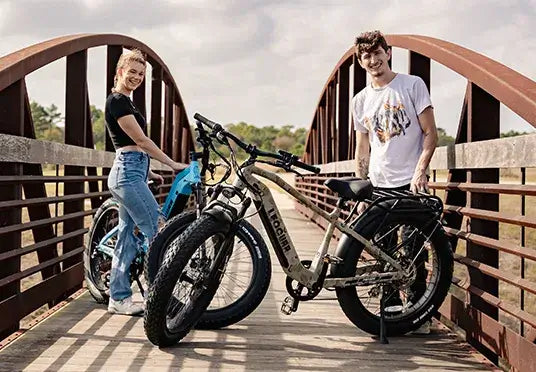
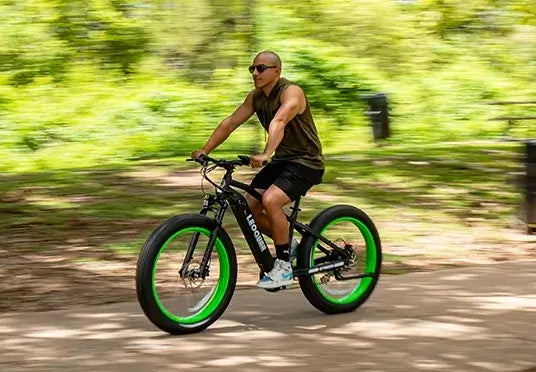
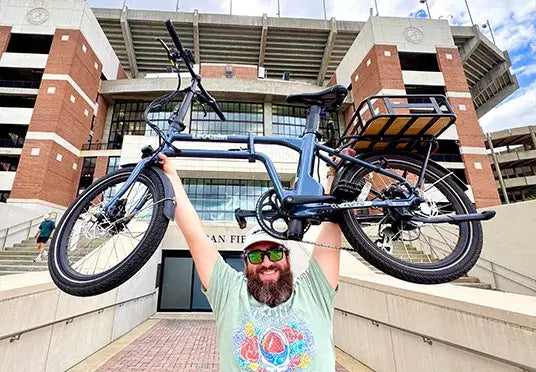

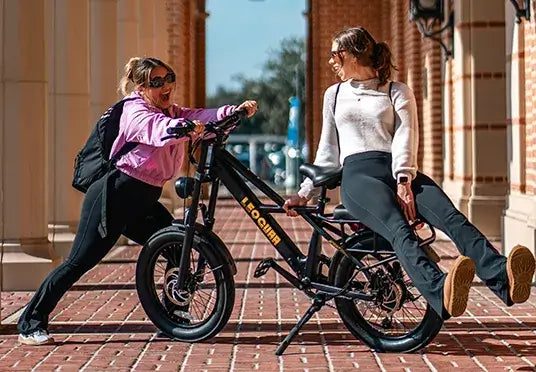
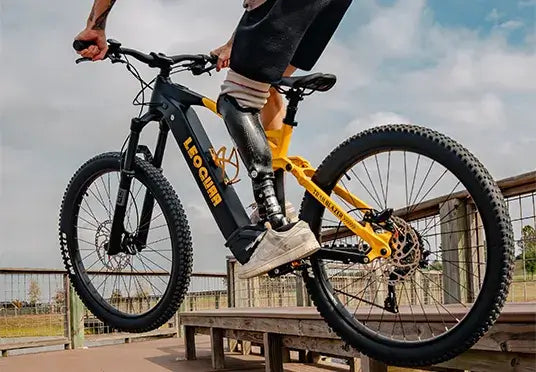
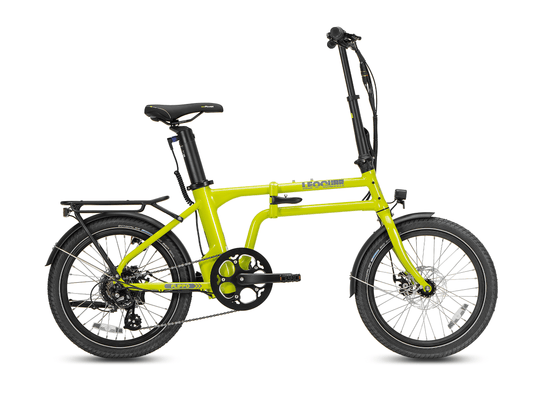
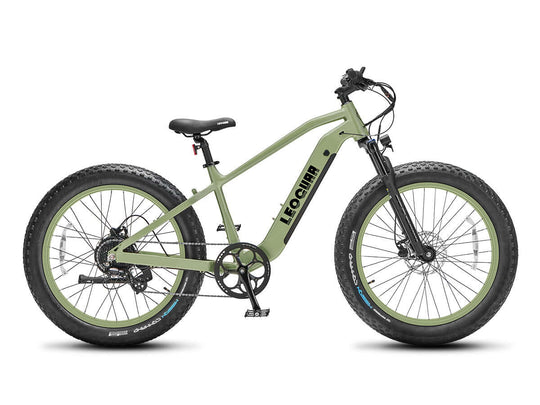
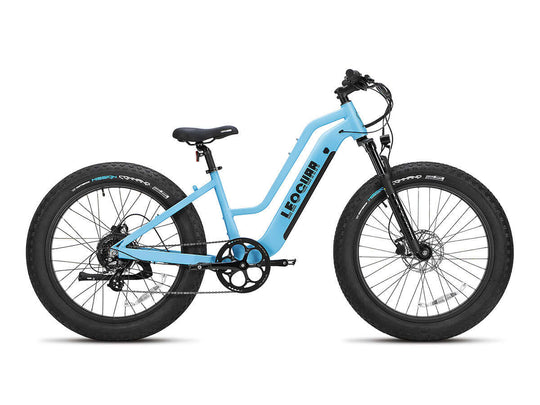
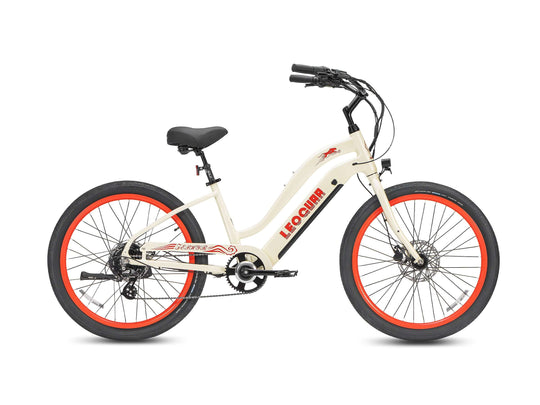
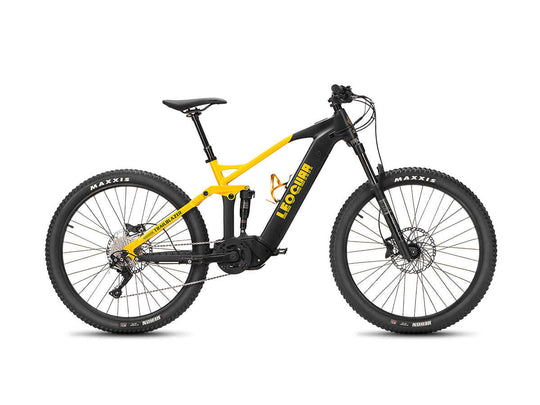
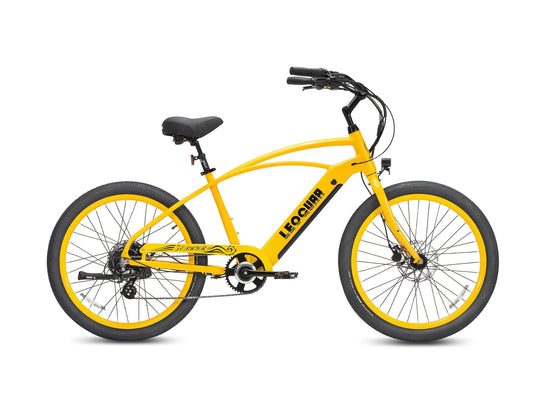
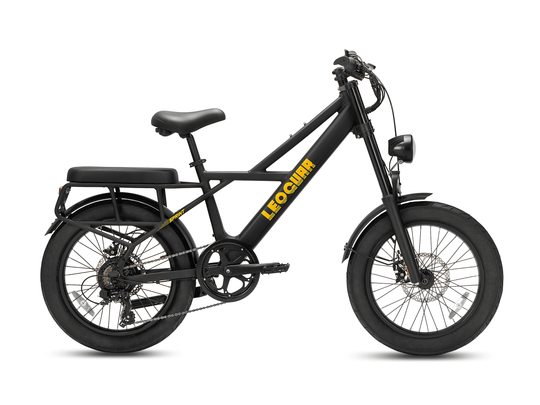
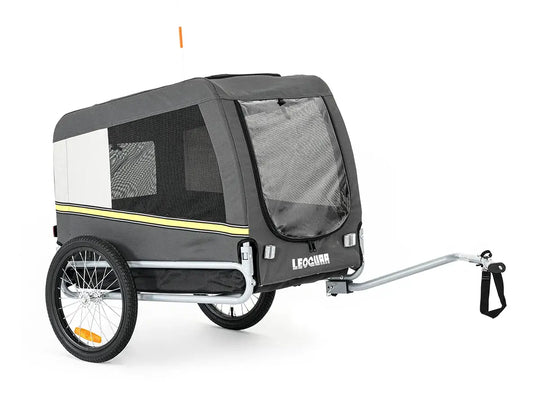
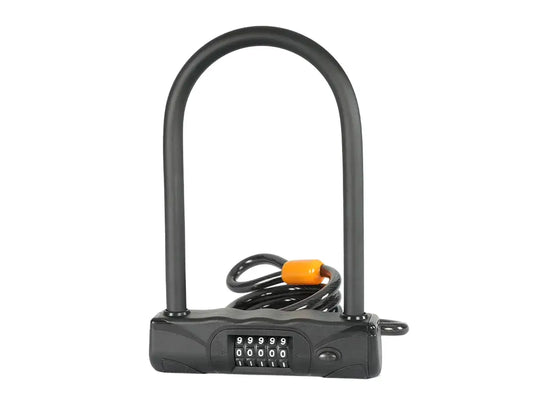
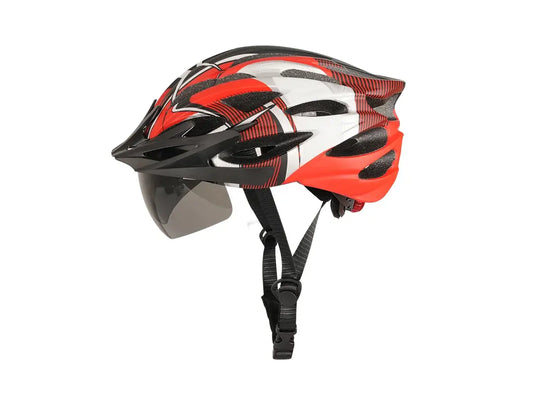
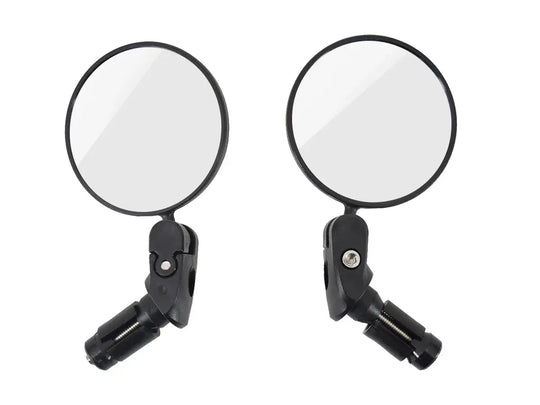
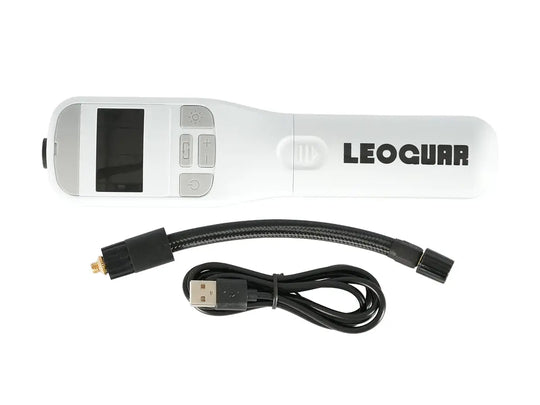
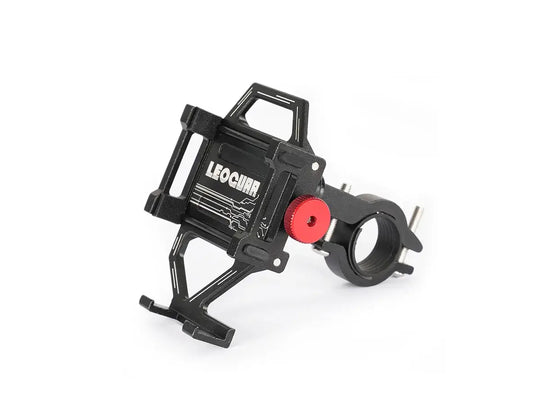
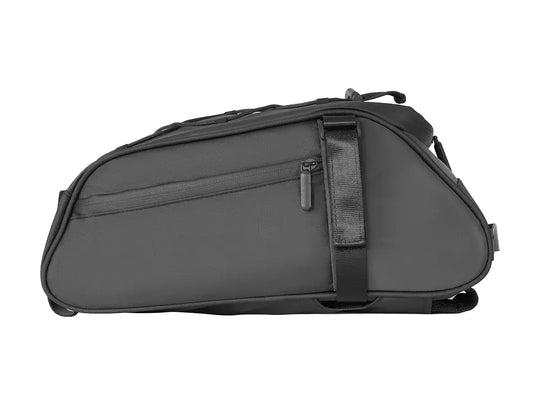
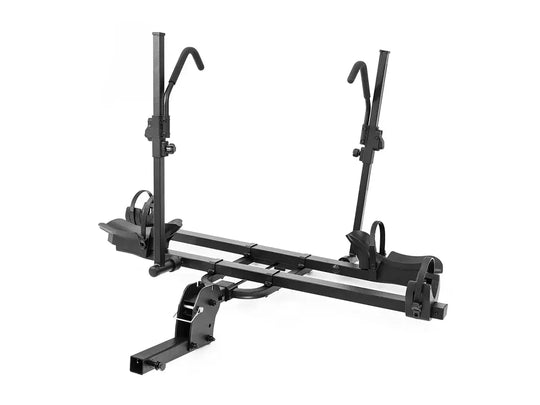
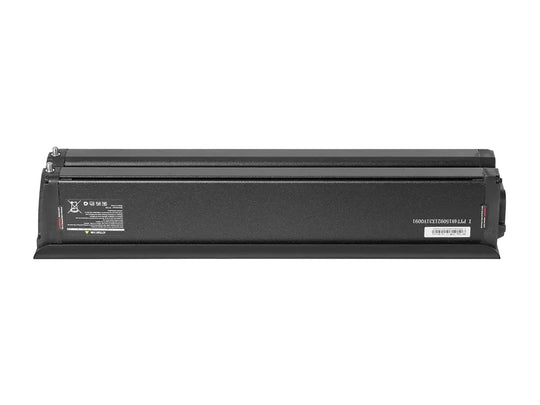
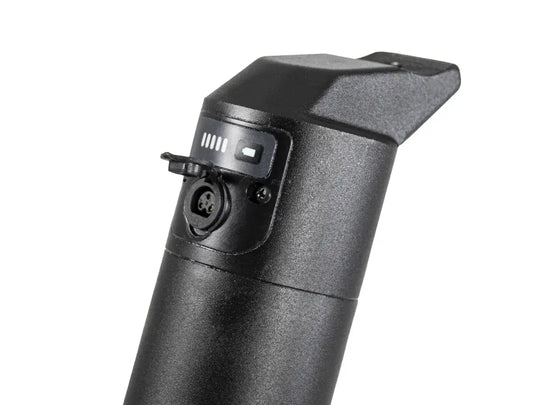
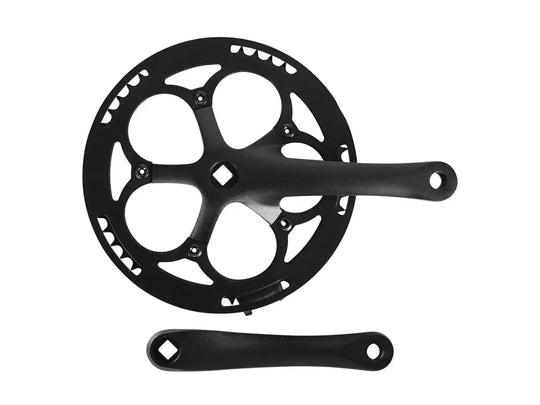
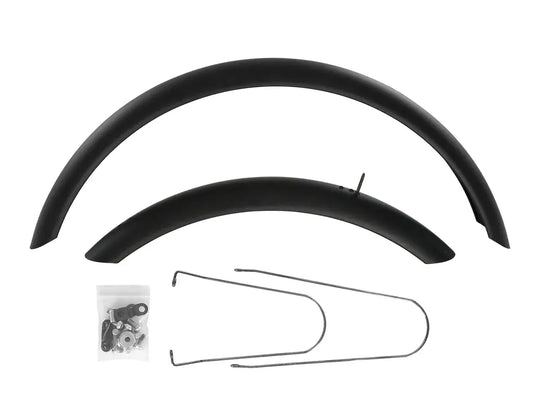
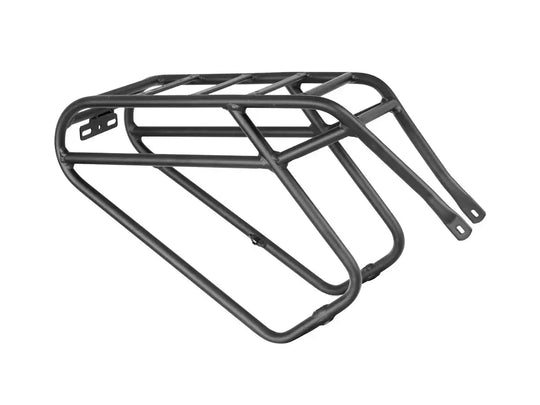
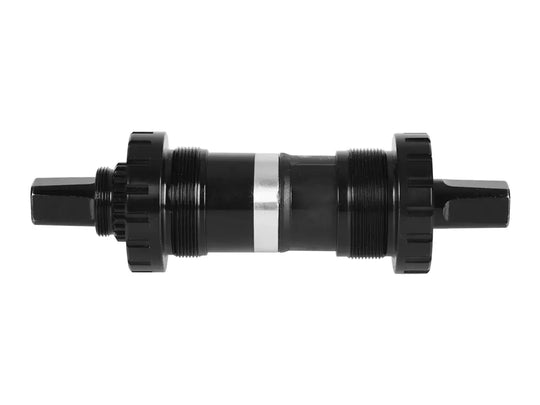
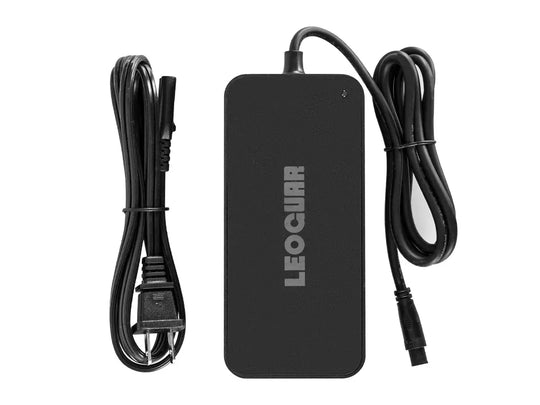
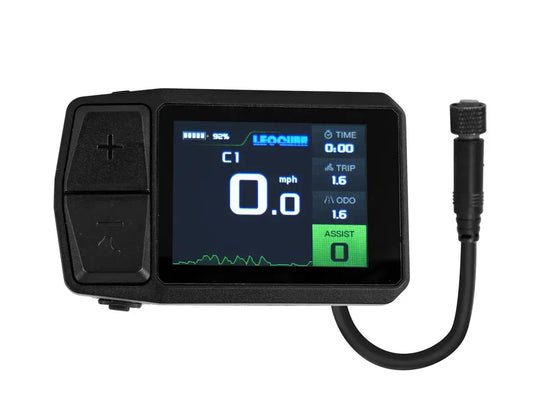


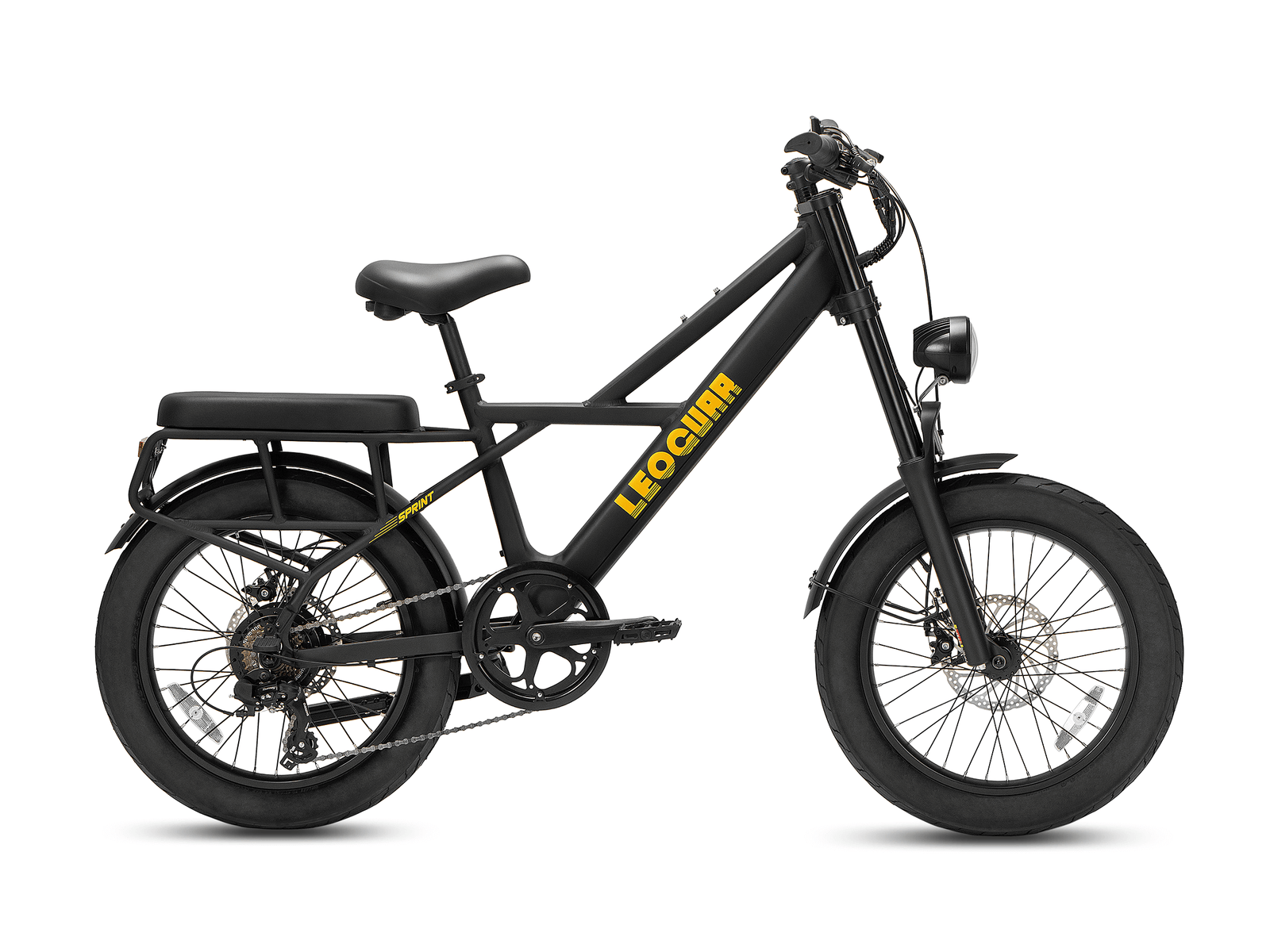







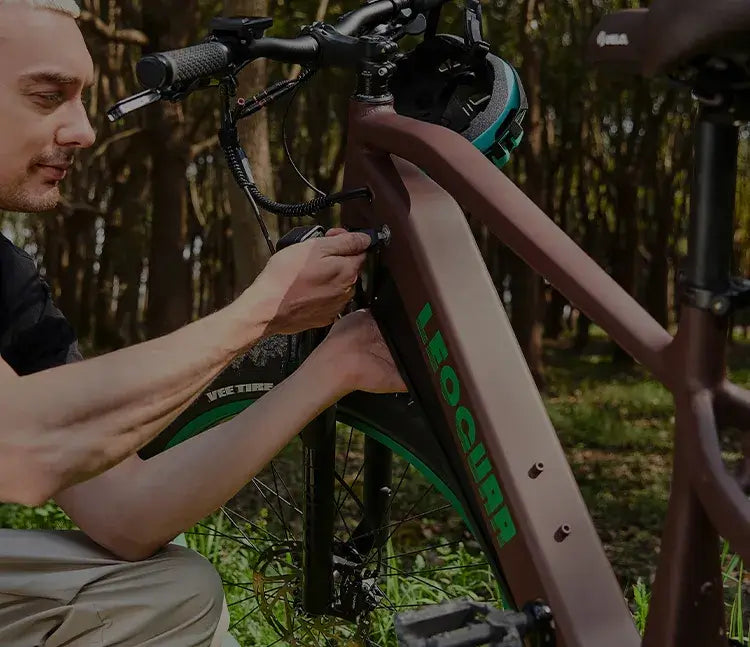
Leave a comment